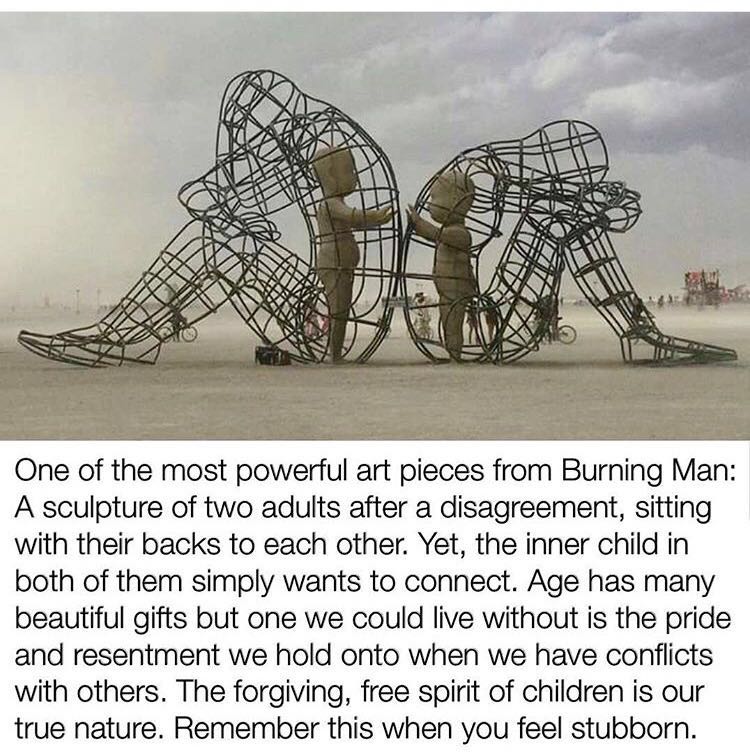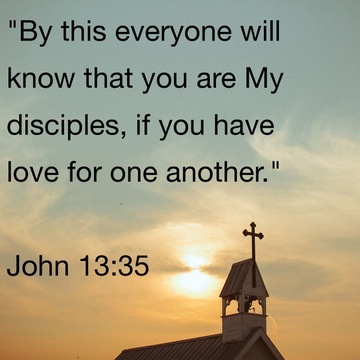|
We are all in this together. It's a mess, but a beautiful one at that. This wonderful sculpture from Burning Man says it all, don't you think?
“His human body was God’s language, |
Ian MacdonaldAn ex-copywriter turned punk rock pastor and peacemaker who dedicates his life to making the world a better place for all humanity. "that they all might be one" ~John 17:21“Prius vita quam doctrina.”
~ St. Thomas Aquinas (1225–1274) * “Life is more important than doctrine.”
Archives
June 2024
|


